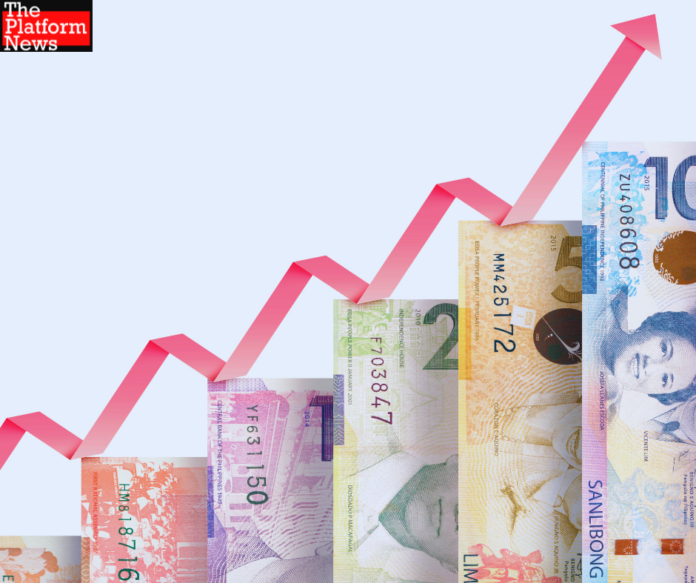A thriving economy requires a harmonious allocation of goods and services to all consumers, and a fair exchange of resources among all individuals and groups in a society. Hence, economic reforms are also needed to address economic shifts and deliver efficient solutions to serve the community’s best interests. Reforms have different types focused on various components of the economy. The most common economic reforms cover the labor market, financial branches, changes in establishment ownership, environment, and infrastructure.
Let’s take a look at some of the more prominent economic reforms enacted in the Philippines, get insights from what the experts say about them, and their impact on the economy.
Create Art: Giving MSMEs tax relief
The Corporate Recovery and Tax Incentives for Enterprises, or Create, Act aims to help businesses, especially the micro, small, and medium-sized enterprises (MSMEs), avail of tax relief and keep their operations afloat. Two years after it passed into law in 2021, the Create Act faced proposed amendments, something Department of Finance Secretary Benjamin Diokno, a seasoned economist, supported. Diokno emphasized that these revisions would enhance the transparency of the rules on tax incentives and improve the country’s investment potential. More specifically, the amendments include the increased deduction percentage of power expenses and those related to trade fairs and missions. For tax incentive measures, the amendments would cover the exemption of transitory Registered Business Enterprises below the 5% GIE (gross income earned) from all local and national taxes.
Retail Trade Liberalization Act: Let more FDIs in
The Retail Trade Liberalization Act is a reform amended in 2021 from its 2000 version to allow more penetration of foreign direct investments into the Philippines. In liberalization, Romeo L. Bernardo, former Department of Finance undersecretary and Independent Director of RiverNorth Flexible Municipal Income Fund since 2002, believes reducing the minimum capital requirements for foreign investors would induce improved productivity, lower prices, and more job opportunities.
Foreign Investment Act: 15 for a company
The amended version of the Foreign Investment Act has also been backed by Bernardo for reasons such as excluding the practice of the profession as a scope of the law. Another key highlight of the Act—also known as RA 11647—is the reduction of the required number of Filipino employees in an SME from 50 to 15. Like Bernardo, highly respected Filipino economist, professor, and columnist Dr. Cielito Habito believes that if the Philippines were more open to foreign investments, there would be fewer jobless Filipinos.
Public Services Act: Full foreign ownership
Linked to the Foreign Investment Act, the Public Services Act (PSA) is one the most recent economic reforms in the Philippines designed to liberalize more industries to foreign ownership. As opposed to the previous 40% maximum ownership to businesses like telecommunication, airports, and expressways, PSA grants full foreign ownership. Economist and writer Bernardo Villegas, who is best known as one of the framers of the 1987 Philippine Constitution, acknowledged how FDIs became vital in improving the country’s GDP. However, after feeling the public pulse, Villegas sees strengthening anti-corruption measures would enhance growth rates more.
In summary, economic reforms can make or break a society. And though economic experts penned these measures, it is ultimately up to us citizens on the ground, making the economy work, who will be impacted by these reforms. So, it is our duty to study them and provide feedback to the government.



